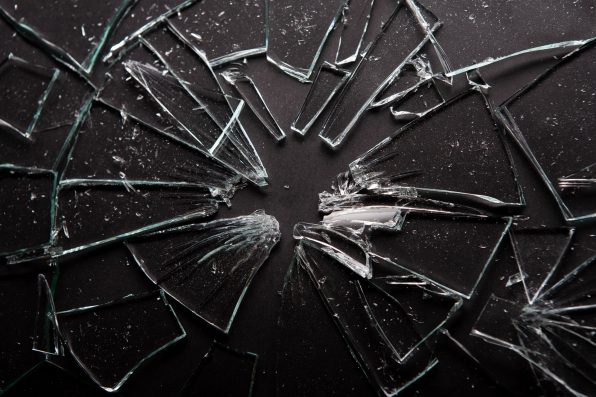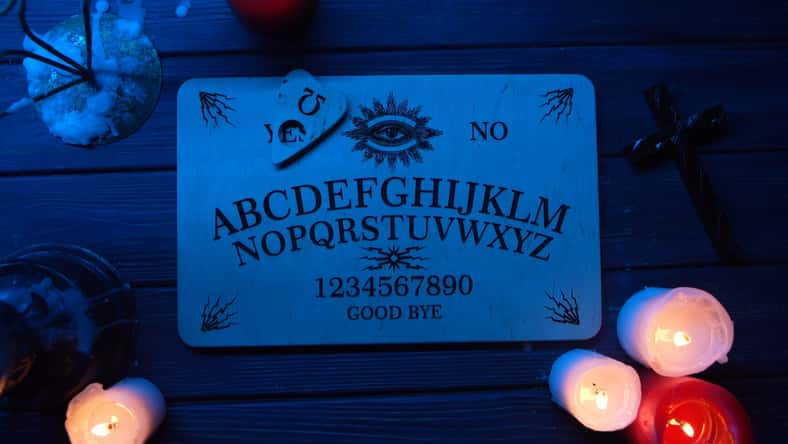
Can you imagine believing you’re made of glass and could shatter at any given moment? It sounds very bizarre—almost comical. But it was a very real issue that was relatively common back in the day.
Centuries ago, several royals experienced the “glass delusion,” a psychiatric phenomenon that caused them to think they were as fragile as glass and more breakable than a mirror.
One of the first recorded patients to suffer from the delusion was King Charles VI of late medieval France. He was also one of the most notable victims of the delusion.
King Charles VI lived from 1368 to 1422. He rose to the throne at the age of 11, taking over from his corrupt regents. He cultivated a positive reputation for himself and became known as “Charles the beloved.”
But in 1392, he suffered a psychotic break. For the rest of his life, he experienced occasional violent episodes and periods of confusion.
One time, he became startled after a page boy dropped a lance. The loud noise triggered him to slash his sword around blindly. He managed to kill five of his own knights before he was restrained.
In another instance, he refused to bathe for five months in 1405. His physician forced him to bathe because he was covered in lice and infected sores.
Sometimes, he would even fail to recognize his wife and children and dash about the palace in a frenzied state. People thought the king had gone mad, but he likely had schizophrenia.
At times, Charles allegedly believed his body was made of glass. He would stay still for hours and wrap himself in thick blankets to prevent himself from cracking.

When he did have to move, he wore a special garment that was fitted with iron “ribs” to protect his glass organs.
Throughout the next few centuries, the delusion spread to courts, monasteries, and universities across Europe. Interestingly enough, glass was also commonly found in those types of places at the time.
There were references from the Middle Ages to the 17th century to people who believed they had glass hearts, heads, and feet. Some even thought they were not human but glass flasks.
Most sufferers of the glass delusion were considered normal, intelligent individuals, including King Charles VI. So, what exactly caused such a peculiar delusion?
Scholars at the time attributed it to melancholy, a type of depression that was often associated with aristocracy and genius.
Modern psychologists speculate that the belief one was glass could’ve been a way for royals to express how vulnerable and exposed they felt in their public, prominent positions.
Cases of the glass delusion began to disappear from the records in the 1830s, as glass was no longer a new material, so people stopped fixating on it.
During the 19th century, cement delusions appeared since it had become the dominant construction material of the time period.
Modern-day delusions typically involve technology, like the belief that the government has planted a microchip in your brain or that a computer is reading your mind.
Overall, these delusions reflect people’s feelings of fragility and their fears as the world continues to change around them.
Sign up for Chip Chick’s newsletter and get stories like this delivered to your inbox.












